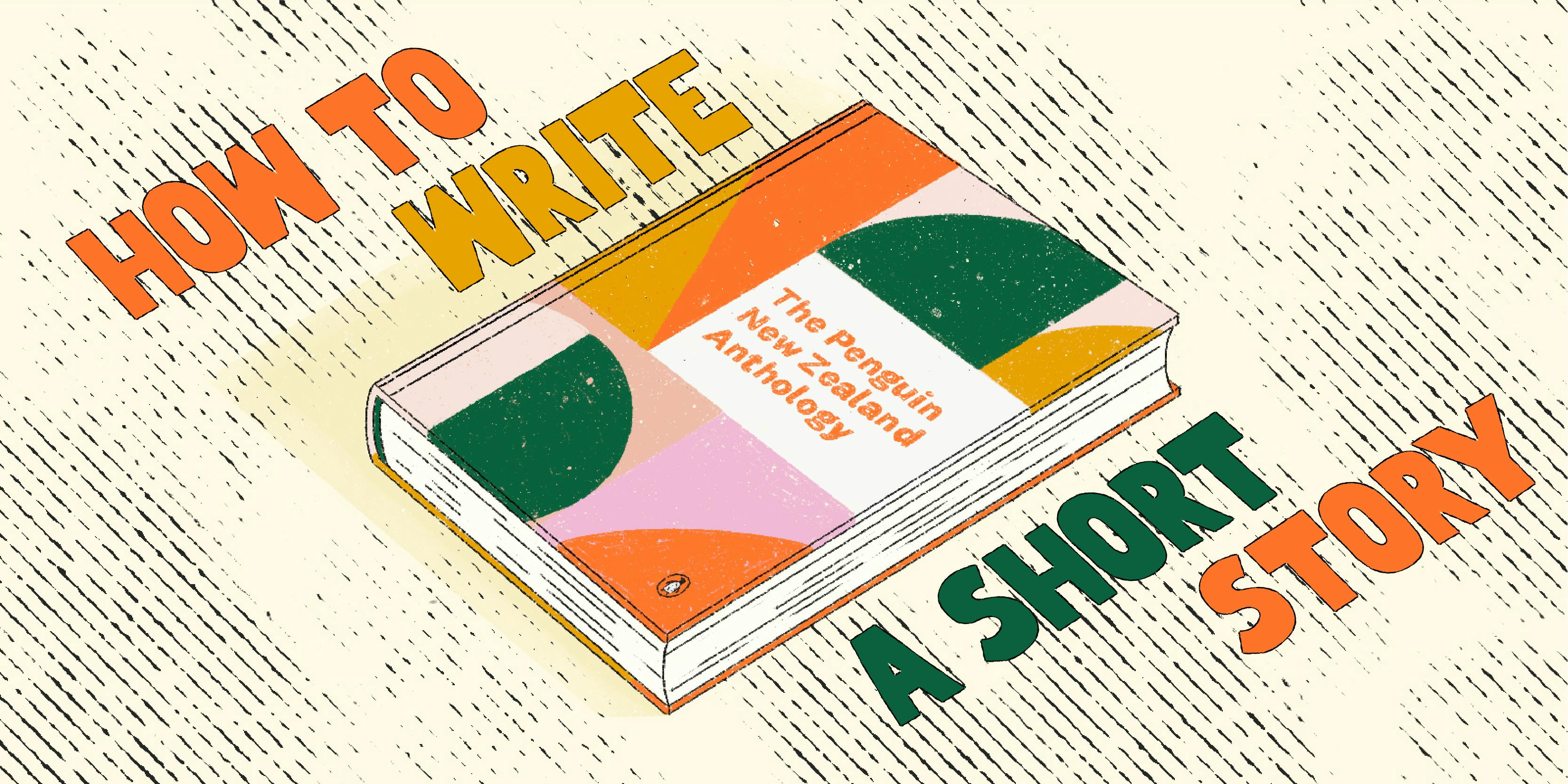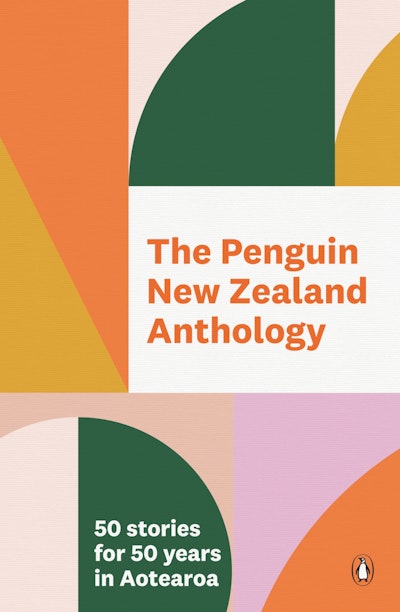Penning short stories is a great way to improve your writing. The form demands your idea be delivered with clarity and be structured tightly. We asked our authors for their best tips on writing short fiction to help you with your next story.
1) Don't be afraid of taking risks
I think of short stories as a single meal, while writing a novel is more like having houseguests for a fortnight. For a single meal you can take risks, throwing unlikely elements together. Or you can try to emulate a classic recipe. If it doesn't work, bin it and move on. But when it works, it can be magic.
- Craig Cliff
2) Embrace the brevity of the form; a great short story is often one very simple idea, fully explored
Writing short stories can be exhilarating- the fast run, the vivid trip, the upward rush. A good short story can be written in a day and polished the next. Sometimes the idea comes in its entirety, sometimes the process is one of discovery. When reading short stories I want to be surprised and enlightened, for the writer to show me characters and dilemmas I haven't encountered, or perhaps only rarely.
- Stephanie Johnson
If you have an idea, let it carry you. If you get stuck, take a break. Pause. Leave it overnight, and then come back. Find and trust your own rhythm. And enjoy it!
- Ngahuia Te Awekotuku
Start with a moment or feeling from your own life. Add one or two – not too many – characters. Ask what if, or why, or why not. Throw in a bit of conflict, colour it in, add light and shade, a bit of weather, resolve the conflict, or don’t, but bring about some sort of change. Oh, and pull it all together with a drawstring.
- Judith White
3) Concentration is key!
The beauty of short fiction for a beginning writer is that the writing is more about concentration than time. Often time is the thing we don't have but the ability to concentrate is something else again.
- Evana Belich
A tip for getting started? Sit down. Be quiet. Concentrate.
- Fiona Farrell
4) Believe in yourself
Trust. Trust your intuition. Trust that your stories and experiences are valid in their context, as is whatever you can learn or imagine. Trust yourself to let go and allow the story to write even when it seems messy and imperfect. Trust that your voice is worthwhile.
- Bernard Steeds
Whakapono ka taea e koe, believe you can do it
- Witi Ihimaera
5) It can help to plan . . .
Think about the ending before you start writing the story. When I started out writing I used to think of a story idea I liked, frantically write the opening, and then go "errr . . . what happens now?" It pays to plan!
- Tim Jones
6) . . . but you don't have to!
I figured out how to write things when I stopped thinking I had to know where it was headed. Give up thinking you have to know the outcome. Just go to the page with some image or line that resonates with you, write it down and then write the next line. See who emerges and keep writing until you figure out who they are, what they want, and what's stopping them from getting it. Get comfortable with not-knowing and let curiosity be your guide.
- Tina Makereti
7) Read, read, read
You don't have to go in blind! As always, the best advice for aspiring writers is to read as much as possible. Familiarise yourself with great writing. And the nice thing about reading short fiction? It doesn't take long! There are tonnes of fantastic short story collections out there, but why not start with a collection featuring the work of some of the authors who shared these great tips with you?















